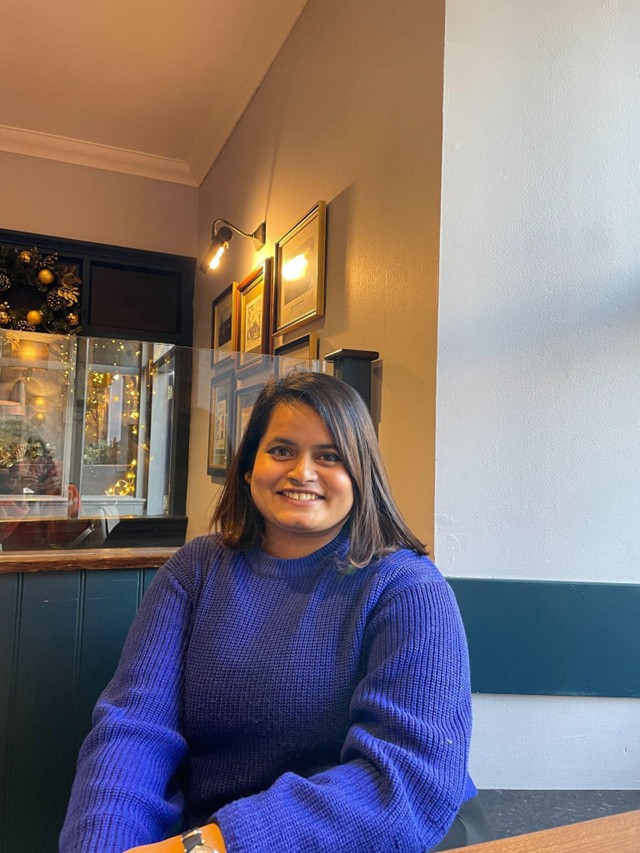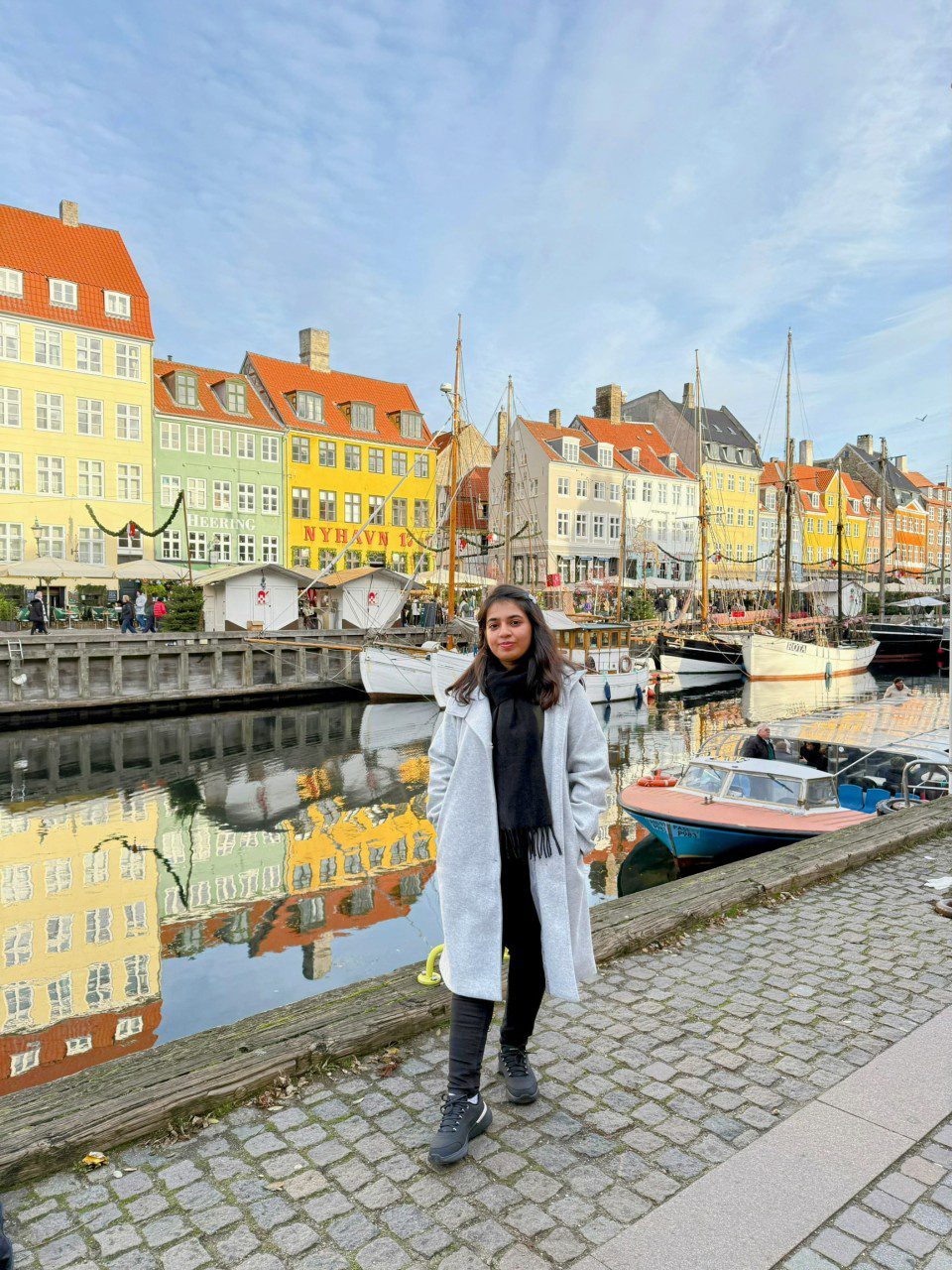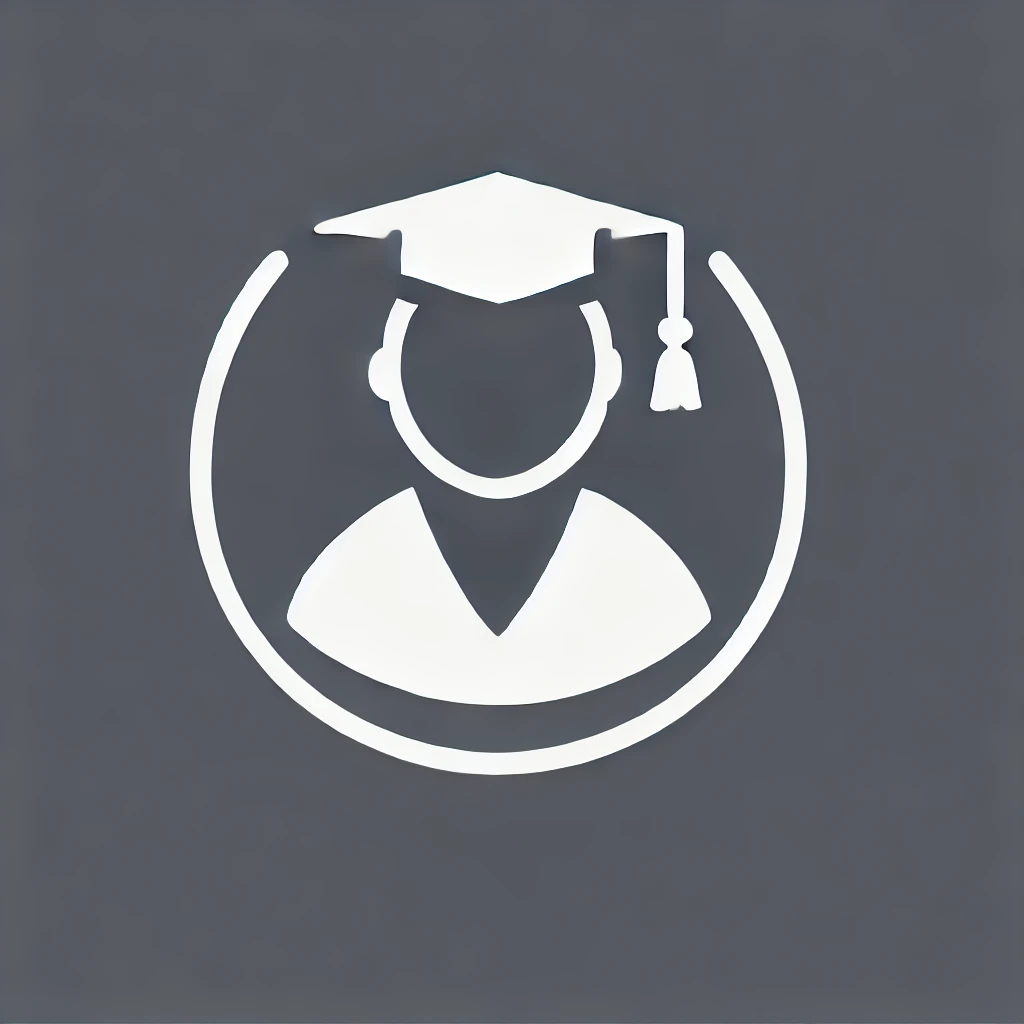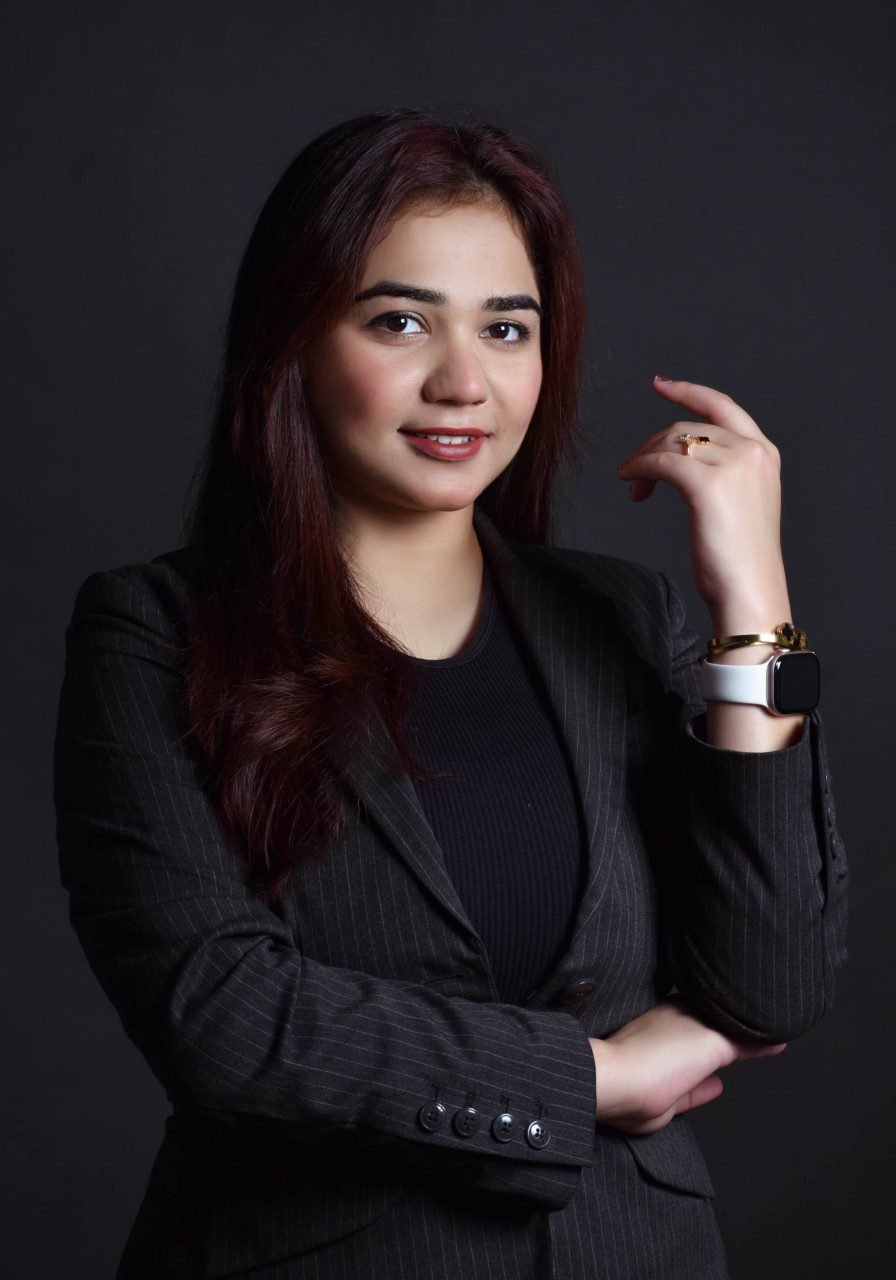How Indian Scholar Won the Fully Funded Joint Japan/World Bank Scholarship to Study Environment and Development at the University of Sussex
University: University of Sussex
Degree: Master’s in Environment, Development, and Policy
Previous Education: BA in Geography and Economics – Miranda House, Delhi University; Master’s in Public Policy – St. Xavier’s College, Mumbai
Scholarship: Joint Japan/World Bank Graduate Scholarship – Fully Funded
Social Media
LinkedIn: linkedin.com/in/anveshi23/

The Journey
Hello! My name is Anveshi Gupta, and I’m from India. I am a development sector professional with over six years of experience in climate policy, impact evaluation, and social development.
Most recently, I completed a second Master’s degree in Environment, Development, and Policy from the University of Sussex in 2023, supported by the prestigious World Bank Joint Japan Graduate Scholarship. I chose to pursue this program to deepen my understanding of the complex challenges posed by climate change, particularly in a country like India, which is ranked as the fifth most vulnerable to its impacts according to the Global Climate Risk Index. India’s vulnerability stems from factors such as widespread inequality, low per capita income, and its dependence on agriculture. These realities underscore the urgent need for policy responses that protect both people and the environment.
My key areas of interest include energy transition, climate-induced migration, and adaptation strategies, especially those aimed at supporting vulnerable communities and labor groups. I'm passionate about contributing to lasting and inclusive solutions in the face of our global climate challenges.
Joint Japan/World Bank Graduate Scholarship Scholarship Details
I was awarded the Joint Japan/World Bank Graduate Scholarship in 2022 to pursue a Master’s degree in Environment, Development, and Policy at the University of Sussex, UK. The scholarship is highly competitive and is offered to professionals from developing countries who are committed to development-related work. To be eligible for the Joint Japan/World Bank Graduate Scholarship, applicants must be from a developing country, hold a Bachelor’s degree, have at least three years of recent development-related work experience, be currently employed, and have unconditional admission to a participating program outside their country of citizenship and residence.
The award covered full tuition fees, a monthly living stipend, round-trip airfare, health insurance, and a travel allowance. The total scholarship amount varies depending on the country and program of study, as living costs and tuition differ by location. For my program in the UK, the monthly stipend was approximately GBP 2000, in addition to full tuition and other covered costs. This support enabled me to fully focus on my studies and research, and I am deeply grateful for the opportunity to advance my work in climate and development policy.
Educational Background
I completed my undergraduate degree in Geography and Economics from Miranda House, Delhi University, followed by a Master’s in Public Policy from St. Xavier’s College, Mumbai. I’ve always been an above-average student, but more than grades, it was my curiosity and drive to connect theory with practice that shaped my academic journey. My coursework combined well with research projects and grassroots fieldwork, which gave me a strong foundation in understanding development challenges from both policy and community perspectives. I was involved in several research studies and evaluations, especially around climate policy and social development, which sharpened my analytical thinking and data interpretation skills. This mix of academic rigor and real-world exposure not only deepened my subject knowledge but also prepared me well for applying to programs focused on environment, policy, and development. It helped me frame questions that matter and see how policy decisions impact lives on the ground.
How Did You Prepare to Apply to the University of Sussex?
To prepare for applying to institutions, I started by thoroughly researching programs that aligned with my academic and professional interests. At the University of Sussex, I was exempted from taking IELTS or TOEFL as I met the English language requirements through my prior education; you can check specific course requirements on the university's website.
Beyond eligibility, I focused on identifying faculty members whose research aligned with my interests, ensuring they would be available during my course and not on sabbatical. This helped me make the most of my academic experience. I also reached out to alumni and university representatives to gain insights into the curriculum and overall student experience. These conversations were invaluable in helping me make a well-informed decision.
How Did You Prepare to Apply for the Joint Japan/World Bank Graduate Scholarship?
Preparing for the scholarship application was a detailed and thoughtful process. I began by aligning my academic and professional experiences with the scholarship’s values and goals. I spent a lot of time refining my essays, getting at least 7–8 rounds of feedback from peers, mentors, and former scholars. Each round helped me strengthen the narrative, clarify my goals, and ensure my story felt both authentic and impactful. I also shared my essays and Statement of Purpose with my recommenders, so they could understand exactly why this program and scholarship were important to me at this stage of my career. It helped them write more informed and aligned letters of recommendation, which reflected not just my work but also my aspirations. I made sure to start early, stay organized, and seek support where needed. It wasn’t always easy, but that collaborative, intentional approach really made my application stronger and more focused.
What Do You Think Made Your Application Stand Out?
What made my application stand out was my focus on transformation, not just listing what I had done, but clearly showing how I moved the needle on real-world problems. I emphasized “before and after” narratives, quantifying impact and explaining the ripple effects of my actions. My essays struck a balance between technical clarity and personal storytelling: goal-driven at the core, with authentic human moments woven in. I followed a structure that started with a compelling hook, then outlined the challenge, action taken, the impact made, and reflections drawn.
When highlighting my most meaningful professional achievement, I chose an experience that reflected both measurable impact and deep personal growth, where the learning curve was steep and the relevance to development goals unmistakable. I was also very intentional about the “why now” for my Master’s, framing it as a response to a clear skills gap and outlining where I see myself in 5–10 years, including target sectors and organizations.
For the essay on contributing to my home country, I used a problem-to-action framework, tying national challenges directly to skills I aimed to acquire and the concrete steps I planned to take afterward. Strong recommendations also helped, mine came from individuals who combined influence with real knowledge of my work, writing with both credibility and personal insight.
Finally, I avoided the “pain sells” trap; instead of centering hardship, I highlighted transformation, how I responded, what I changed, and the leadership that emerged. That focus on agency, impact, and growth truly made the difference.
What Would You Have Done Differently if You Were Going Through the Process Again?
If I were going through the process again, I would plan my scholarship applications more strategically. Due to sudden personal health challenges and limited time, I missed key deadlines for scholarships like Chevening, Commonwealth, and university hardship funds. In hindsight, I would start earlier and track deadlines closely to broaden my funding options. Having a choice among multiple scholarships would have allowed more flexibility and reduced the stress of relying on a limited few. Better time management and prioritizing my well-being during the application process would definitely be key changes I'd make for a smoother, more empowered journey.
What Advice Would You Give Those Looking to Apply for a Similar Scholarship?
My biggest piece of advice would be: start early and stay organized. The Joint Japan/World Bank Scholarship is competitive, but also incredibly rewarding if your goals align with development work. Make sure to check the list of eligible master’s programs carefully, both Window 1 and Window 2, as the World Bank updates them based on changing development priorities. A program available one year might not be listed the next, so stay updated!
Reach out to current scholars or alumni for insights, and don’t underestimate the value of authentic storytelling; show how your experiences connect to real-world impact. Also, don’t leave applications to the last minute; give yourself time to reflect, revise, and gather strong recommendation letters. Finally, stay confident in your journey. This scholarship looks for individuals who are committed to creating change, so if that’s you, let your application reflect it. Believe in your story, and back it up with purpose and clarity. You’ve got this!
Want to submit your
scholarship journey?
Submit Your Story Here!
More Scholarship Recipients

I am Sabeen Imran, coming from Pakistan, where I did my Bachelor's in Environmental Sciences from the University of Veterina .... Read more

My name is Ivena Nathania Victor; you can call me Ivena. I have a Master’s of Science and Master’s of Arts degree in Cli .... Read more

My name is Aisha Lareb, and I am from Sindh, Pakistan. Growing up, I witnessed the challenges faced by women in my community .... Read more

Leave A Comment